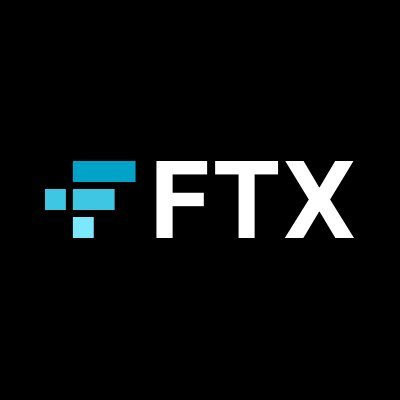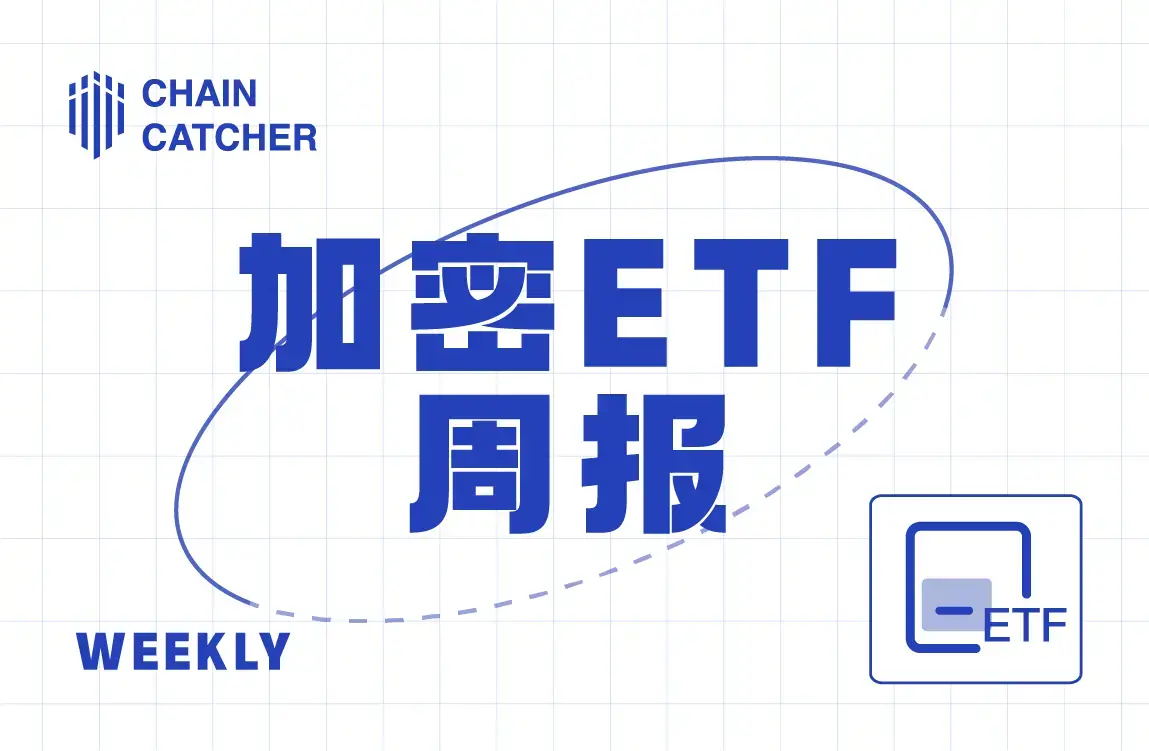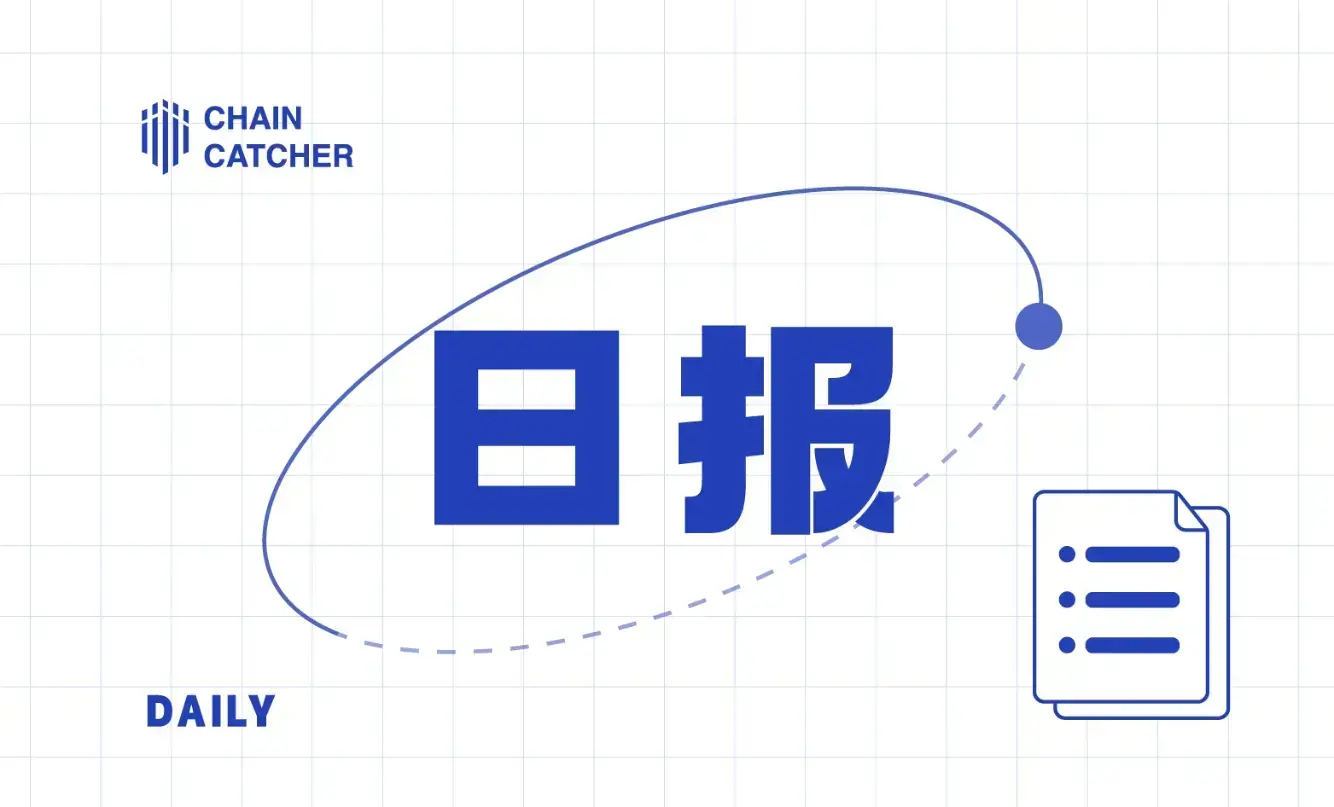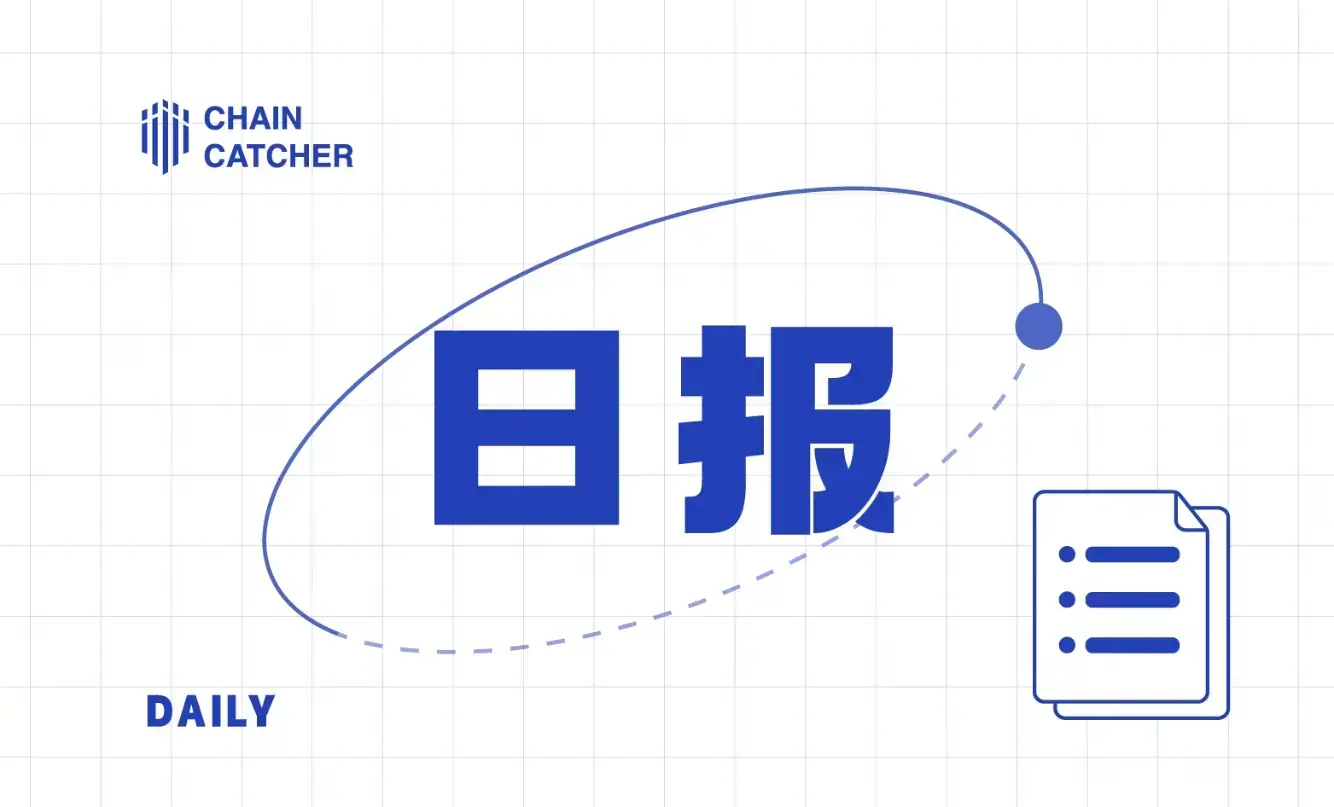Binance fined $4.3 billion, Zhao Changpeng pleads guilty and resigns! Does he face the risk of imprisonment?
Original Title: Binance Fined $4.3 Billion, Zhao Changpeng Pleads Guilty and Resigns! The question is, will CZ go to jail?
Original Author: Shuqing
Original Source: Wallstreet News
Zhao Changpeng, the CEO of Binance, the world's largest cryptocurrency exchange, has resigned from his position and admitted to violating U.S. anti-money laundering laws, a compromise that may allow Binance to continue its operations.
Media reports citing court records state that Zhao appeared in federal court in Seattle on Tuesday and entered a plea. Prosecutors accused Binance of facilitating transactions for sanctioned organizations and encouraging U.S. users to hide their locations to avoid money laundering charges.
Binance pleaded guilty and agreed to pay a total of $4.3 billion in fines, which includes the amount settled with the U.S. Commodity Futures Trading Commission (CFTC). However, as of now, Binance has not reached a settlement with the U.S. Securities and Exchange Commission (SEC).
Court records also show that Zhao agreed to pay a $50 million criminal fine, although this amount may be reduced based on separate civil fines he agrees to pay. Zhao's plea agreement has not been made public.
"I made mistakes, and I must take responsibility," Zhao wrote on social media platform X (formerly Twitter). "This is the best for our community, Binance, and myself."

According to federal sentencing guidelines, Zhao faces a maximum of 18 months and a minimum of 10-12 months in prison, with sentencing to occur later.
Just weeks ago, a jury found FTX founder Sam Bankman-Fried (SBF) guilty on seven counts of fraud and conspiracy, meaning this Silicon Valley darling faces life in prison. Will Zhao, his old rival, also end up behind bars? Will the two richest individuals in cryptocurrency history become prison buddies?
According to data from CoinDesk, Binance's native token, Binance Coin, fell 5.3% to $242 compared to the previous day. The largest cryptocurrency, Bitcoin, also dropped 1.5% during the same period.
Binance acknowledged in a statement that it lacked necessary compliance controls in the past, but this settlement marks its acceptance of responsibility. Due to ongoing legal troubles, Binance has laid off a large number of employees this year, with executives fleeing the company.
Knowing the Law, Willfully Breaking It
Prosecutors accused Binance of facilitating transactions for sanctioned organizations and encouraging U.S. users to hide their locations to avoid money laundering charges.
Prosecutors stated that Binance was aware it had millions of U.S. users as early as 2018 but did not establish plans to detect money laundering or violations of sanctions laws. They claimed that between January 2018 and May 2022, Binance processed $899 million in transactions between U.S. individuals and users believed to be located in Iran.
Prosecutors stated that Zhao was aware he had many U.S. customers, and in a chat in September 2019, he wrote that despite the law seemingly prohibiting it, he had accumulated so many U.S. users, "asking for forgiveness is better than asking for permission."
"Using new technology to break the law does not make you a disruptor. It makes you a criminal," said Attorney General Merrick Garland.
The deal allows Zhao to retain his majority stake in Binance, although he will not be able to serve as an executive at the company. Justice Department officials stated that he is not eligible to return to the company.
Binance Has Not Yet Reached an Agreement with the SEC, Zhao Changpeng Faces Potential Threats
Insiders say that for months, the Justice Department and Binance have been working to reach an agreement. Zhao recently hired a new chief attorney, William A. Burck from the law firm Quinn Emanuel, to represent him in court, while Gibson Dunn & Crutcher represents Binance.
Insiders indicated that Binance and Zhao have not yet reached a settlement agreement with the U.S. Securities and Exchange Commission (SEC), which sued Binance and Zhao in June, accusing them of violating the U.S. Investor Protection Act. Major cryptocurrency exchanges like Binance have decided to sue the SEC, arguing that they can prove cryptocurrencies do not fall under the SEC's regulatory investment types.
Previous media reports indicated that the Justice Department's investigation focused on Binance's plans to detect and prevent money laundering, and whether those plans allowed individuals from sanctioned countries like Iran and Russia to trade with Americans on the exchange.
Insiders noted that another agreement resolved the civil lawsuit filed by the CFTC against Binance and Zhao earlier this year. The $4.3 billion that Binance must pay includes amounts to settle claims from the CFTC and claims made by the Treasury Department's agency.
Will Zhao Changpeng Go to Jail?
Theoretically, violating the Bank Secrecy Act—which requires financial institutions to take measures to prevent and suppress money laundering activities—can result in a maximum of 5 years in prison. Zhao, who admitted to violating this law, could also face 5 years in prison—but several signs indicate he may not receive the maximum sentence.
Firstly, as a condition of the agreement, Zhao is now prohibited from holding executive positions at Binance, but he will be allowed to retain his majority stake in the company.
Media outlets believe that the Justice Department's concession indicates a willingness to accommodate Zhao to some extent in hopes of reaching a historic settlement with Binance. While federal prosecutors will not decide how long Zhao will spend in prison, they do have the ability to lobby the judge regarding sentencing.
Although Justice Department sources indicated on Tuesday that there are plans to impose an 18-month sentence on Zhao, this does not guarantee he will go to prison. In past similar criminal cases involving cryptocurrency and money laundering, prosecutors have sought heavy sentences, but those requests were denied.
Additionally, Zhao's upcoming plans clearly do not include serving time, at least in public. Zhao stated on X on Tuesday that he plans to enjoy some time off in the coming months, make some passive investments in blockchain, DeFi, artificial intelligence, and biotech startups, and possibly mentor some entrepreneurs.
Even if Zhao were somehow sentenced to prison, those hoping for a reunion with his old rival SBF in jail may be disappointed.
According to legal advisor Christopher Zoukis, criminals sentenced to 10 years or less in federal prison are placed in minimum-security federal prisons, which provide dormitory-style accommodations for non-violent offenders and offer a relatively good quality of life. Even if Zhao receives the worst verdict, he would be sent to such a place. SBF may serve decades in a medium-security federal prison.












